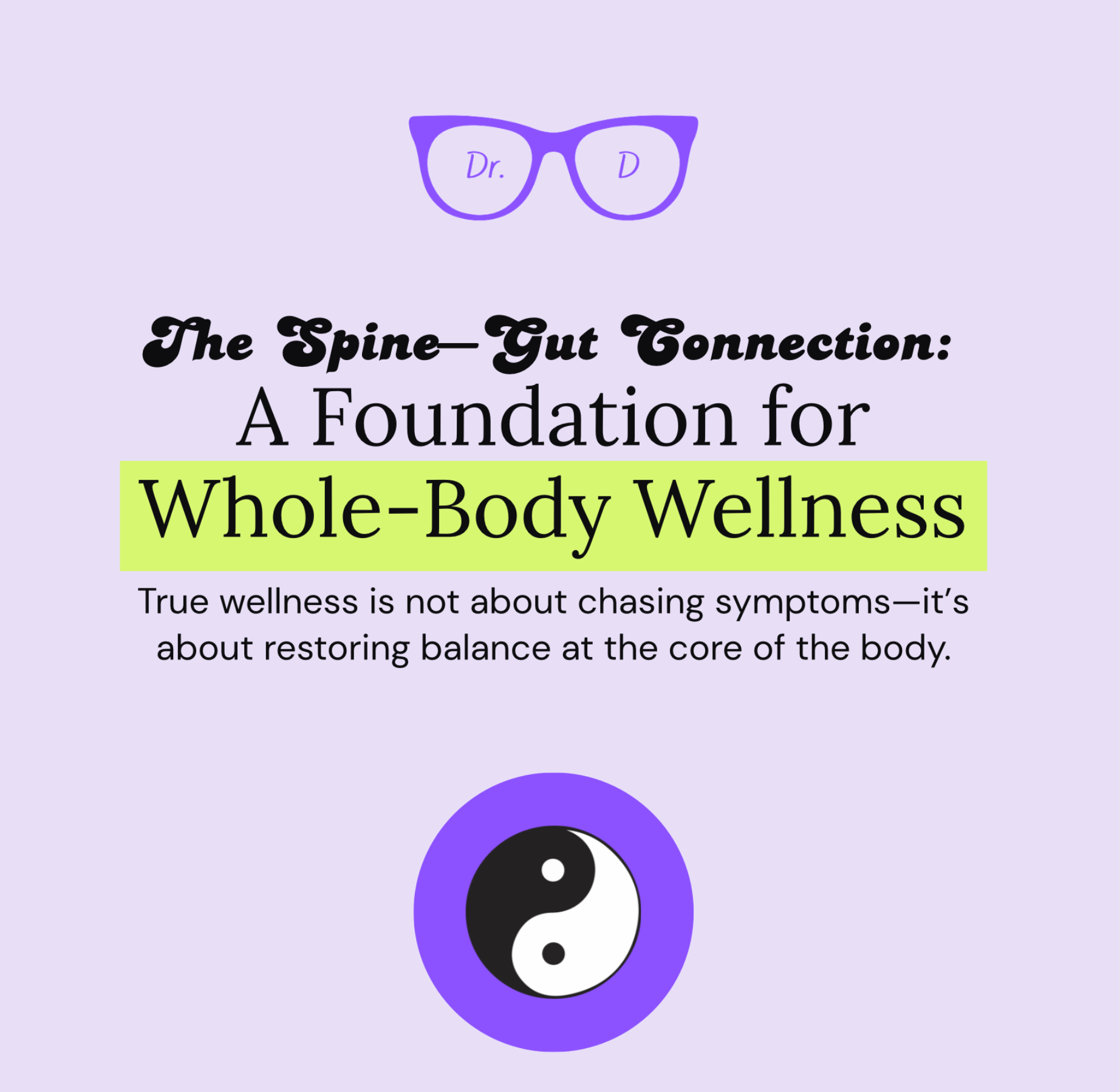What Does a Prenatal Chiropractor do for Pregnancy?
Choosing to see a prenatal chiropractor is a great idea during pregnancy. Even if you are completely healthy and do not expect to experience any problems during your pregnancy, there are still many benefits that come with choosing to be under a professional chiropractors care.

About chiropractic treatment while pregnant
There are a lot of great alternative medicine treatment options, including visiting a prenatal chiropractor .
Chiropractors who decide to treat pregnant women must first undergo additional training in order to learn how to provide spinal adjustments in a safe and thus effective manner. Dr. Diana Mladenoff is specialized in prenatal and postnatal chiropractic care.
According to the American Pregnancy Organization, chiropractic care is a process that helps maintain the spinal column, discs, and related nerves so the mother and baby can both be in perfect health.

What a prenatal chiropractor does for pregnancy
The following information outlines what prenatal chiropractor s, like Dr. D, have to offer pregnant women who are preparing to go into labor.
Nausea control
While nausea is a common symptom of pregnancy, pregnant women who experience nausea will often look into their treatment options in order to experience less or even no nausea. Since nausea will often last for months, seeing a prenatal chiropractor for treatment is something more and more pregnant women are exploring, as chiropractic care is an alternative treatment that is both safe and drug-free.
Relief from body aches and pain
Chiropractic adjustments help to relieve any joint, back or neck pain that pregnant women often experience during their pregnancy. As the fetus grows, they can expect their center of gravity to shift, which in turn can cause them to experience problems with their posture. This can cause pregnant women to not be in their proper balance, requiring them to undergo chiropractic adjustments in order for them to get better balance.
Reduces the labor and delivery time
Seeing a prenatal chiropractor can help pregnant women improve the labor and delivery process. When a pregnant woman chooses to undergo chiropractic adjustments, they can expect their labor and delivery to be less painful and take less time. It does not matter if a woman is pregnant for the first time or for the fourth time, she will still reap the benefits that prenatal chiropractors have to offer.
Prental chiropractors can help expecting mothers to feel more comfortable during their pregnancy, as well as during labor.
Benefits of Chiropractic Care During Pregnancy
As your belly grows, so does your spinal curvature. The placenta will also start to secrete increasing amounts of a hormone called relaxin that will eventually help the cervix dilate. Prior to labor, relaxin helps loosen your ligaments, allowing the pelvis to soften, so it can accommodate a vaginal birth. All those loose ligaments can lead to hip pain, pelvic pain, and sacroiliac dysfunction.
Chiropractic care can help realign the spine and joints affected by pregnancy. By combining regular adjustments and supportive modalities, such as stretching, acupuncture, and hot and cold therapy, you may find relief from your aches, pains, and muscle tension.
Because musculoskeletal adjustments affect the nervous system, you may also experience additional benefits, such as:
- Reduced nausea
- Fewer headaches
- Less edema (swelling)
- Reduced sciatic pain
- More restful sleep
- Faster, less complicated labor and delivery

When to Start Chiropractic Care During Pregnancy
You can start chiropractic care as soon as your pregnancy is confirmed and your obstetrician approves treatment, though many people are already regularly seeing a chiropractor while they're trying to conceive. As soon as you feel pain, check with your OB-GYN, then call your chiropractor and make an appointment. Don't wait until the discomfort is unbearable — the sooner you seek help, the sooner you can coax your body into a better position and improve your day-to-day living.
Even if you've gone through most of your pregnancy without seeing a chiropractor, you can still see one before delivery. Perhaps you felt great for 8 months, but realize your baby still hasn't flipped into the proper head-down position and your due date is rapidly approaching. Perhaps you simply need a little relief while you're in the home stretch. Reach out, and ask Dr. Diana for an assessment to see how she can help.
Which Week of Pregnancy Should I Stop Chiropractic?
Not only is there no reason to stop seeing a chiropractor during pregnancy as long as you remain healthy overall, you'll likely benefit from adjustments even more as you navigate your third trimester. The final few months of pregnancy are often marked by a burst of weight gain as your baby fills out, and those extra pounds combine with loosened ligaments and a widening pelvis to throw everything from your gait to your posture out of whack.
Rather than toughing it out and waiting until your baby is born to get help, allow your chiropractor to step in and correct your alignment, so you can have the comfortable pregnancy you deserve.
To connect with a pregnancy chiropractor you can trust, text (or call) Dr. Diana at The Mladenoff Clinic of Arizona today at (602) 524-0222. With a convenient location in the Phoenix area (camelback east between Arcadia and Scottsdale), our wellness clinic can offer you easy access to the help you need to have the pregnancy, labor and delivery you've always wanted.






